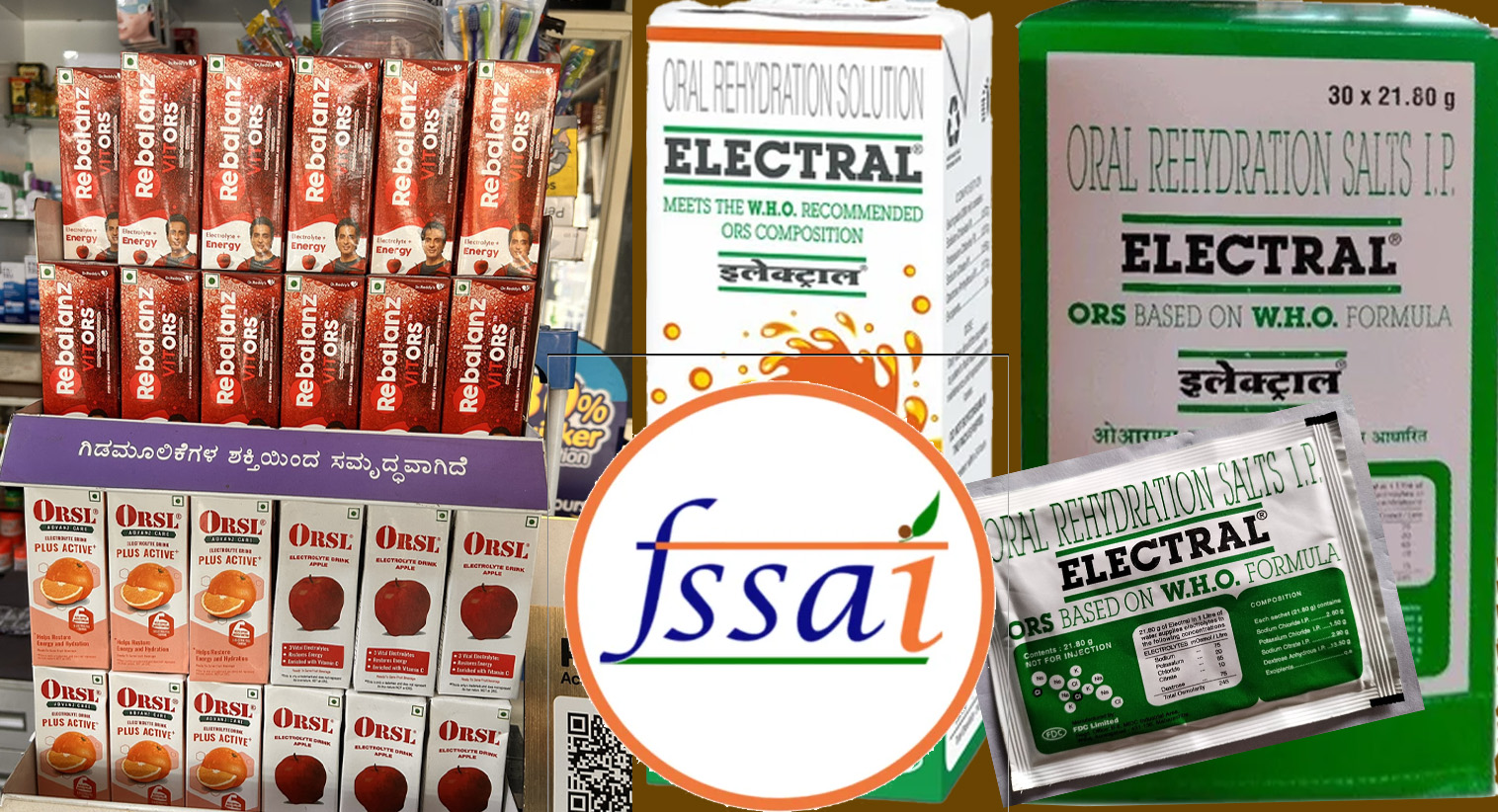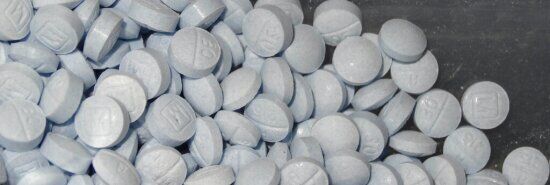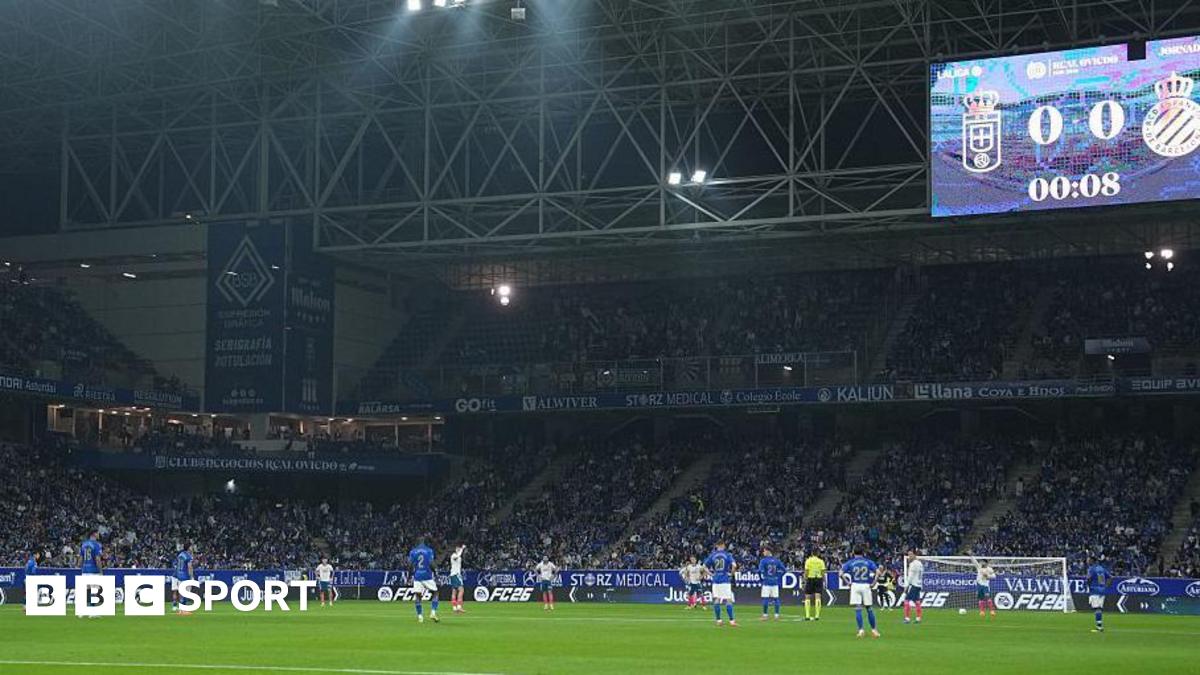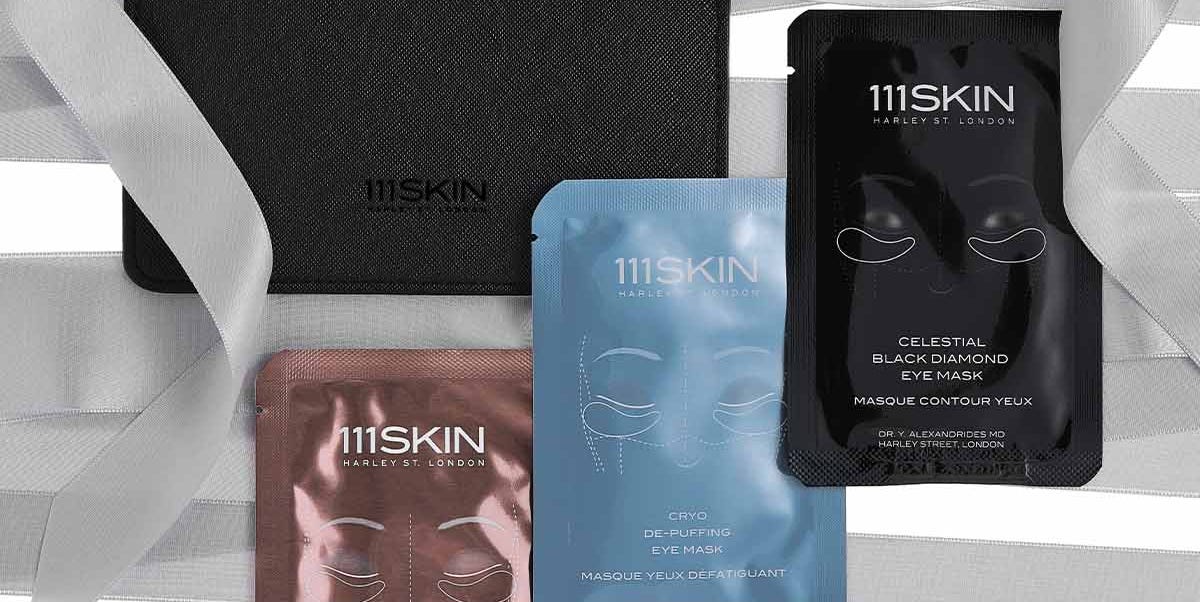No misleading products, only WHO-approved ORS: Read the meaning behind FSSAI’s new rulling and how harmful sugary drinks were sold with the misleading label
The Food Safety and Standards Authority of India (FSSAI) has issued a significant regulatory decision asking brands not to put ORS (Oral Rehydration Salts) labelling on their products unless they comply with World Health Organisation (WHO) formula for ORS recommended for diaorhea. The directive was issued on 14th October and places stringent restrictions on the usage of the label by food business operators. Furthermore, the earlier order allowing the ORS with disclaimer has been revoked effective immediately. A second notification was released on 15th October. It explained that prior rulings in 2022 and 2024 authorised the use of the term “ORS” on food labels, even with a prefix or suffix in the product name, provided that the following statement or caution was included: “The product is NOT an ORS formula as recommended by WHO.” But now this has been withdrawn. The official statement conveyed, “It is hereby clarified that, upon further review, the use of the term ORS in the trademarked name or in the naming of any food product otherwise-whether fruit-based, non-carbonated, or ready-to-drink beverages even when accompanied by a prefix or suffix, constitutes a violation of the provisions of the Food Safety and Standards Act, 2006 and the regulations made thereunder.” FSSAI now says that the use of ORS branding in non-ORS products deceive consumers by using misleading, ambiguous and inaccurate names as well as label declarations and it violates several rules and regulations. It futher added, “Direction under section 16(5) regarding misleading advertisement and marketing of ORS substitute products dated 08.04.2022 shall remain in effect.” Hence, the notice declared that all food business operators are required to eliminate the term ORS from their food products, regardless of whether it is used alone, together with any prefix or suffix, or as part of a trademark. They are told to strictly adhere to the labelling and advertising requirements set forth in the Food Safety and Standards Act, 2006, and its implementing regulations. Growing worries about the ORS label being misused and endangering children prompted this adjustment. The objective is to guarantee that only safe and efficient products are accessible to people who require them, emphasising the significance of maintaining children’s well being, particularly during public health emergencies. Foundation of the regulation The initial guidelines to curb deceptive advertising that promotes items as “ORS substitutes” was issued by the FSSAI in April 2022. The goal of the action was to stop consumers from believing that electrolyte or flavor-infused drinks are medically equal to ORS that have been approved by the WHO which is utilised to treat dehydration caused by diaorhea. The regulator allowed non-ORS products to use ORS branding in July 2022 in response to submissions from impacted food companies and a Delhi High Court case. It allowed food business owners who had legitimate trademarks that included the term “ORS” to continue manufacturing these products until the Controller General of Patents, Designs and Trademarks (CGPDTM) reached a decision. Operators of food businesses without such trademarks would have to stop using them, since the FSSAI made evident that the CGPDTM’s conclusion would be legally obligatory. Companies were additionally required to prominently display a notice on the front of the package mentioning, “The product is not an ORS formula as recommended by WHO,” and that they should not be used in Diarrhea. Declaration on the packaging of ORSL, sold in pharmacies and often mistaken to be ORS Companies were permitted to use “ORS” with prefixes or suffixes for as long as they conform to Section 17 of the Trade Marks Act, 1999, which regulates the use of composite trademarks, the FSSAI further stated in February 2024. The order reaffirmed the need for businesses to specify that their use of “ORS” was merely a brand or fancy moniker. More importantly, it did not accurately represent the nature of the product in accordance with the Food Safety and Standards (Advertising and Claims) Regulations, 2018. The regulator had set precise font size specifications for these disclaimers, scaling them to match the measurements of the product’s main display panel to prevent customer confusion. These guidelines went into effect on 1st April 2024. The FSSAI has removed all of the aforementioned restrictions with the latest notification. Now, only the Trade Marks Act and basic labelling laws prohibiting misleading claims will apply to the use of “ORS” in trademark names. A paediatrician’s 8-year long battle for the victory The landmark ruling by the central authority was not an unforeseen event. It followed years of dedicated advocacy by Dr Sivaranjani Santosh against the misuse of sugary drinks that are advertised as ORS. This paediatrician and first-aid trainer based in Hyderabad had been fighting for the sa



The Food Safety and Standards Authority of India (FSSAI) has issued a significant regulatory decision asking brands not to put ORS (Oral Rehydration Salts) labelling on their products unless they comply with World Health Organisation (WHO) formula for ORS recommended for diaorhea. The directive was issued on 14th October and places stringent restrictions on the usage of the label by food business operators. Furthermore, the earlier order allowing the ORS with disclaimer has been revoked effective immediately.
A second notification was released on 15th October. It explained that prior rulings in 2022 and 2024 authorised the use of the term “ORS” on food labels, even with a prefix or suffix in the product name, provided that the following statement or caution was included: “The product is NOT an ORS formula as recommended by WHO.” But now this has been withdrawn.
The official statement conveyed, “It is hereby clarified that, upon further review, the use of the term ORS in the trademarked name or in the naming of any food product otherwise-whether fruit-based, non-carbonated, or ready-to-drink beverages even when accompanied by a prefix or suffix, constitutes a violation of the provisions of the Food Safety and Standards Act, 2006 and the regulations made thereunder.”
FSSAI now says that the use of ORS branding in non-ORS products deceive consumers by using misleading, ambiguous and inaccurate names as well as label declarations and it violates several rules and regulations. It futher added, “Direction under section 16(5) regarding misleading advertisement and marketing of ORS substitute products dated 08.04.2022 shall remain in effect.”
Hence, the notice declared that all food business operators are required to eliminate the term ORS from their food products, regardless of whether it is used alone, together with any prefix or suffix, or as part of a trademark. They are told to strictly adhere to the labelling and advertising requirements set forth in the Food Safety and Standards Act, 2006, and its implementing regulations.
Growing worries about the ORS label being misused and endangering children prompted this adjustment. The objective is to guarantee that only safe and efficient products are accessible to people who require them, emphasising the significance of maintaining children’s well being, particularly during public health emergencies.
Foundation of the regulation
The initial guidelines to curb deceptive advertising that promotes items as “ORS substitutes” was issued by the FSSAI in April 2022. The goal of the action was to stop consumers from believing that electrolyte or flavor-infused drinks are medically equal to ORS that have been approved by the WHO which is utilised to treat dehydration caused by diaorhea.
The regulator allowed non-ORS products to use ORS branding in July 2022 in response to submissions from impacted food companies and a Delhi High Court case. It allowed food business owners who had legitimate trademarks that included the term “ORS” to continue manufacturing these products until the Controller General of Patents, Designs and Trademarks (CGPDTM) reached a decision.
Operators of food businesses without such trademarks would have to stop using them, since the FSSAI made evident that the CGPDTM’s conclusion would be legally obligatory. Companies were additionally required to prominently display a notice on the front of the package mentioning, “The product is not an ORS formula as recommended by WHO,” and that they should not be used in Diarrhea.

Companies were permitted to use “ORS” with prefixes or suffixes for as long as they conform to Section 17 of the Trade Marks Act, 1999, which regulates the use of composite trademarks, the FSSAI further stated in February 2024. The order reaffirmed the need for businesses to specify that their use of “ORS” was merely a brand or fancy moniker.
More importantly, it did not accurately represent the nature of the product in accordance with the Food Safety and Standards (Advertising and Claims) Regulations, 2018. The regulator had set precise font size specifications for these disclaimers, scaling them to match the measurements of the product’s main display panel to prevent customer confusion. These guidelines went into effect on 1st April 2024.
The FSSAI has removed all of the aforementioned restrictions with the latest notification. Now, only the Trade Marks Act and basic labelling laws prohibiting misleading claims will apply to the use of “ORS” in trademark names.
A paediatrician’s 8-year long battle for the victory
The landmark ruling by the central authority was not an unforeseen event. It followed years of dedicated advocacy by Dr Sivaranjani Santosh against the misuse of sugary drinks that are advertised as ORS. This paediatrician and first-aid trainer based in Hyderabad had been fighting for the same for at least 8 years.
She has long been a promoter for the safe use of ORS and run a campaign to expose dishonest marketing tactics used by companies who label non-medical beverages as such without appropriate clinical support. Her efforts centred on the dangers that such mislabeling posed, particularly to children who are experiencing dehydration or diarrhoea.
“We have won it. A clarification was issued today. No one can use ORS on their label unless it is a WHO recommended formula and no one can sell it right from today,” the doctor rejoiced.
“During diarrhoea, high-sugar drinks should be avoided because excess sugar can worsen the condition. When ORSL (Oral Rehydration Salts Liquid) was introduced, manufacturers met with paediatricians, leading many to believe it was ORS. But in reality, the sugar content in ORSL is as high as in packaged soft/fruit drinks, with only a little extra sodium. We noticed that many children’s diarrhoea worsened. When we investigated we realised ORSL is not the same as ORS,” Dr Santosh pointed out earlier.
Products like ORSL, RebalanzVitORS and ORSFIT which purport to be ORS but do not comply to the World Health Organization’s formulation guidelines sparked her reservations. Dr Santosh cautioned that using liquids with high sugar alternatives to cure diarrhoea could prove dangerous.
Many child fatalities driven by complications from diarrhoea are unrecognised. However, these deaths are frequently reported as “diarrhoea and dehydration” without taking into account the possibility that these sugary drinks might be a contributing factor. She even requested her colleagues to maintain a record of the particular fluids administered to children who pass away from diarrhoea.
“ORS is a life-saving therapy that has saved millions of lives. But we are now seeing a surge in products that misuse the ORS label to sell high-sugar drinks with osmolarity levels that can actually worsen diarrhoea,” Dr Santosh similarly stated.
She underlined that despite having sugar levels six to ten times greater than the WHO radvised formula, many well-known brands are frequently marketed as rehydration solutions. These products are licensed under the Food Safety and Standards Authority of India (FSSAI) rather than the Central Drugs Standard Control Organisation (CDSCO) which oversees therapeutic ORS products, despite being sold in pharmacies and frequently recommended for dehydration associated with diseases like dengue and typhoid.
“Disclaimers are not enough. Most parents, and even some doctors, are misled by the packaging. These drinks are not only ineffective but dangerous for sick children and people with diabetes,” the paediatrician added in reference to “This is not an ORS” written on the products.
She demanded greater regulatory action, calling for the outright prohibition of the use of “ORS” on such products, their removal from hospital and retail pharmacies alongside the enforcement of WHO-approved formulations as the sole accepted method of addressing dehydration. She also urged medical professionals to refrain from endorsing these dubious substitutes.
Dr Santosh approached Telangana High Court
Dr Santosh spread awareness on the issue through workshops, media outreach and social media sites like Facebook and Instagram. The Central Drugs Standard Control Organisation (CDSCO) directed her to the Food Safety and Standards Authority of India (FSSAI) after she brought the matter to their attention in 2023.
The FSSAI issued an order in April 2023 to prevent ORSL from being mislabeled. The decree was changed in July, though, to permit enterprises with a legitimate trademark retain using the term ORS if they incorporated a disclaimer.
Some companies started including warnings on ORSL tetra packs that read, “Do not use during diarrhoea.” However, these were frequently printed in tiny fonts which were easy to miss. Dr Santosh outlined, “Pharmacists also prefer selling ORSL because they earn a higher margin, as ORSL is twice as expensive as standard ORS solutions.”
She challenged the sale of drinks that were mislabeled as ORS even though they didn’t meet WHO-recommended electrolyte and glucose requirements, in a Public Interest Litigation (PIL) brought before the Telangana High Court, in 2022.
According to the petition, a number of businesses sold “fruit juices” and other sweetened beverages as oral rehydration treatments, which is harmful especially for diabetes patients and children. Rajesh Bhushan, the then-secretary of the Ministry of Health and Family Welfare, was also notified of her complaints which led to regulatory and judicial investigation.
However, companies promoted ORSL in response to the plea by introducing the false notion of “silent dehydration,” a phrase that is not used in any medical literature.
“It was a war. Eight years of battle, three years of filing PILs, and four to five years of fighting indifference. This victory belongs not to one person, but to people’s power, all the doctors, advocates, moms and influencers who stood with me. I stood steadfast, and we won,” she expressed after the fresh FSSAI decision.
Healthcare experts warned against taking sugary drinks imitating ORS
“Diarrhoea leads to quick fluid loss, electrolyte imbalances, and dehydration. ORS is a straightforward yet highly effective method to replenish these lost fluids and electrolytes, preventing complications and aiding faster recovery, especially in young children. It’s crucial to recognize that ORS is both safe and effective. Using incorrect salt or sugar mixtures can be harmful. Proper management of dehydration requires an exact balance of water and electrolytes,” Dr Pankaj Garg stated during a press conference last year.
“Using incorrect homemade solutions or sugary drinks can disrupt this balance, causing severe health risks like worsening dehydration or even death in extreme cases,” warned Garg who is the President-Elect, Indian Academy of Pediatrics, Delhi Chapter & Senior Consultant, Neonatology in Sir Gangaram Hospital.

Additionally, he said that there were several “ORS-like” treatments on the market that can exacerbate symptoms, particularly in young patients. Likewise, Dr Mohsin Wali, Padma Shri and Consultant Physician at Sir Ganga Ram Hospital also stressed the importance of choosing the right ORS in view of rising temperatures and demand.
He highlighted, “Choosing the right ORS is crucial for effectively managing diarrhoea and dehydration, especially during the hot summer months. It’s essential to distinguish between ORS and sugary drinks available commercially. While these beverages may offer some electrolytes and fluids, they lack the critical glucose-sodium and potassium balance necessary for rapid and effective rehydration.
Wali further mentioned, “Sugary drinks may provide temporary relief but do not address the core issue of dehydration. Therefore, opting for WHO-approved ORS formulations, which are specifically designed for this purpose, is vital for maintaining overall health and ensuring quick recovery, particularly in vulnerable populations such as children.”
The experts stressed the value of making well-informed decisions. They emphasised that ORS solutions that have been approved by the WHO should be given priority over other sugar-filled drinks that are not suitable for relieving dehydration. They added that the correct knowledge could save thousands of children’s lives anually.

Meanwhile, these ORS imitations also impacted the health of diabetic patients. A 52-year-old diabetic who had managed his blood sugar levels for many years ended up in the emergency department following a stomach ailment and was found to have kidney failure, in 2024, reported The Times of India.
Doctors confirmed that he had consumed roughly seven packs of ORS lookalikes which contributed to his diarrhoea and caused his blood sugar to jump sharply.
There had been around ten such cases in just one week at the emergency rooms of significant tertiary care facilities including Gandhi Hospital and Osmania General Hospital (OGH). Additionally, endocrinologists also witnessed some cases of blood sugar spikes due to mislabeled ORS drinks.
Likewise, a 42-year-old businessman fell at home from severe dehydration and uncontrolled blood sugar after attempting to continue his daily walking routine in spite of the heat after downing a few of these “ORS” drinks. “I was given these energy drinks every time I asked for ORS and it happened at three different pharmacies in my area,” he voiced.
Three other patients with diabetes were also in the emergency rooms with diabetic ketoacidosis (DKA). All of them, age from eight (Type 1) to forty (Type 2), took these drinks.
“When we consume more glucose, the body requires additional insulin to digest it. But in case of diabetics, when the body cannot produce enough insulin, it leads to build up of acids in the bloodstream called ketones. This results in DKA, which makes the blood too acidic and it needs immediate intervention,” informed Dr KVS Hari Kumar, consultant endocrinologist.
Dr R Santosh, another endocrinologist, conveyed, “These sugary ORS lookalikes not only cause a spike in blood sugar but also pull out water from the kidney, causing extreme dehydration. The more a patient drinks these, the more the condition worsens.”
What is ORS
ORS is employed to treat dehydration specifically in kids who have severe diarrhoea, sweating, heat stroke or other conditions that result in considerable fluid loss. It is an exclusive mixture of sugar, salt and electrolytes that dissolves in purified water. When administered properly, ORS helps prevent diarrhoea and replenishes lost fluids. It’s critical to utilise oral rehydration solution under a doctor’s supervision as misuse could trigger salt poisoning.
Electrolyte solutions with or without glucose were used to empirically develop oral rehydration therapy in the 1940s, primarily for mild or convalescent patients. However, it was not widely used for rehydration and maintenance therapy until the 1960s when it was discovered that glucose improved the absorption of water and sodium during cholera. It is listed as an essential medicine by the World Health Organisation.

As of 2017, 44% of children with diarrhoea worldwide were receiving oral rehydration treatment. The rate of mortality among children under five has dropped substantially as a result of this. Approximately 61% of Indian children under five who had diarrhoea were given Oral Rehydration Solution (ORS), per a survey conducted in 2021.
This emphasises the necessity of authorised formulations and precise labels which would now be achievable due to the FSSAI order.
WHO-approved ORS vs sugar-loaded substitutes
An oral rehydration solution with a total osmolarity of 245 mOsm/L is recommended by the World Health Organisation. For each litre of water, it contains 13.5 grammes of dextrose anhydrous (sugar), 2.6 grammes of sodium chloride, 1.5 grammes of potassium chloride and 2.9 grammes of sodium citrate.
On the other hand, ORS products sold by several pharmaceutical companies have far greater sugar contents, about 120 grammes of total sugar per litre of which over 110 grammes are added sugar. They only provide 1.17 grammes of sodium, 0.79 grammes of potassium and 1.47 grammes of chloride a litre which is also out of line with WHO standards for electrolyte balance.
WHO and UNICEF (United Nations International Children’s Emergency Fund) have been urging for the adoption of a new ORS formulation since 2003 since it is more effective than the previous one. The solution serves as a simple, inexpensive and effective treatment for diarrhoea which is administered orally to patients in all age groups and in all except the most severe instances.
A basic ORS mixture advised by the WHO including six teaspoons of sugar, half a teaspoon of salt in one litre of pure water. Doctors warn that adding other items such as fruit powders or spirulina and consuming excessive amounts of sugar or salt could hinder its effectiveness.
How to identify genuine ORS
The WHO-recommended mixture of water, salt and sugar should be used in the proper oral rehydration solution (ORS) and it should be verified that the packet complies with these requirements. Stevia and monk fruit sweetener are examples of sugar replacements that should be avoided as these could delay rehydration and do not provide glucose.
Some products might make claims about the addition of healthy substances like herbal mixtures, fruit powders or spirulina. However, they are not a part of the original ORS recipe and might lessen its potency. It’s critical to seek medical advice from qualified specialists and be cautious about the information acquired on the internet.
The safest course of action is to get WHO-approved ORS sachets from a reputable pharmacy. These are pre-measured and guarantee the mix is right and safe to ingest.






























































































































